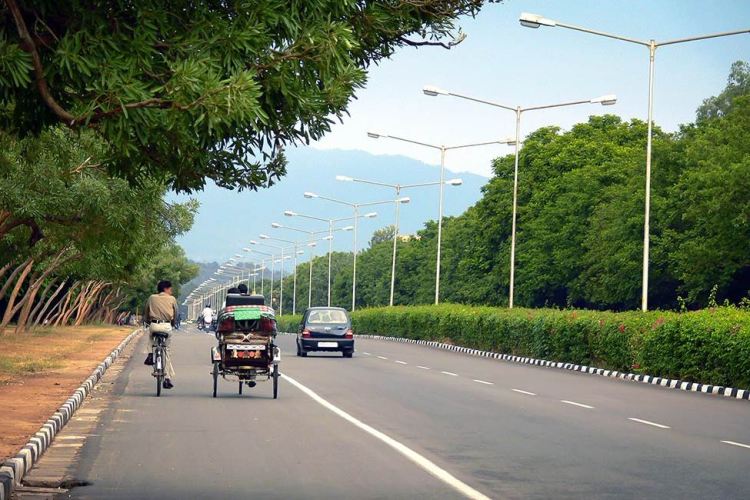New Delhi, September 4, 2024: India has observed a significant reduction of 19.3 per cent in particulate pollution in the year 2022 vs 2021. This dip in the air pollution level is second-largest across the globe after Bangladesh. This drop in the air pollution is estimated to have added nearly 51 days to the life expectancy of every Indian citizen. This data has been published by the Energy Policy Institute at the University of Chicago (EPIC) in its "Air Quality Life Index" 2024 report.
The report further cautioned India that Indians could lose an average of 3.6 years of life expectancy in case it fails to meet the World Health Organisation's (WHO) annual PM2.5 concentration guideline of 5 micrograms per cubic metre.
The researchers involved in the study highlighted that thisdip in particulate matter levels in India and other South Asian countries is largely attributed to favourable weather conditions and fewer thermal inversions.
The PM2.5 concentrations in India in 2022 were close to nine micrograms per cubic metre which reflects a 19.3 per cent drop from that of 2021.
Reclaiming Earth: Nurturing Resilience Against Desertification and Drought
Furthermore, in India, specific regions like Purulia and Bankura in West Bengal, Dhanbad, Purbi, PaschimSinghbhum, PaschimMedinipur, and Bokaro in Jharkhand recorded significant decline in PM2.5 concentrations. Each of these districts reflected PM2.5 levels fall by over 20 micrograms per cubic metre.
In addition to it, the northern plains, considered the most polluted region of India, saw a 17.2 per cent reduction in particulate matter levels in 2022 in comparison to 2021.
India’s NCAP programmeleading the way
The report further highlighted that India runs a flagship National Clean Air Programme (NCAP) and the districts participating in the programmeobserved an average 19 per cent reduction in PM2.5 levels in comparison to non-participant districts which experienced a 16 per cent reduction in PM2.5 levels.
NCAP is India’s first national initiative aimed at setting clean air targets in 2019. Under the scheme, initially,the goal of reducing particulate pollution was set at 20-30 per cent by 2024, however, it’s been revised for a 40 per cent reduction by 2026. The initiative includes 131 non-attainment cities which failed to meet national ambient air quality standards consistently between 2011 and 2015.
Other Interesting Reads:
Navigating ESG Compliance: Interview with Jaya Vaidhyanathan, CEO, BCT Digital on Regulatory Challenges and Opportunities
“Our recycling efforts are comprehensive and integrated into our operations”: Ajay Khurana, MD, Formica India
Bridging Skill Gaps: How TeamLease Optimizes CSR Funds for Inclusive Growth




















.jpg)



